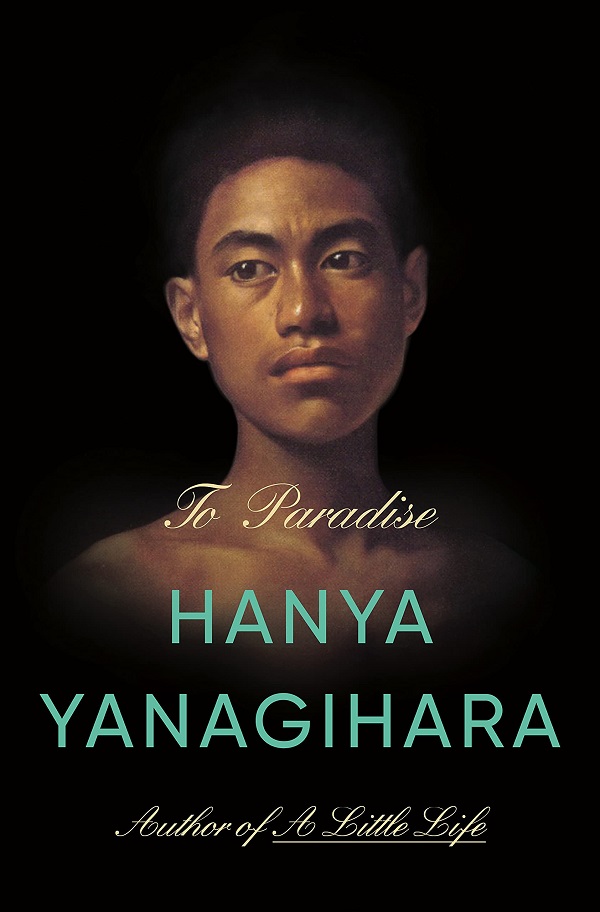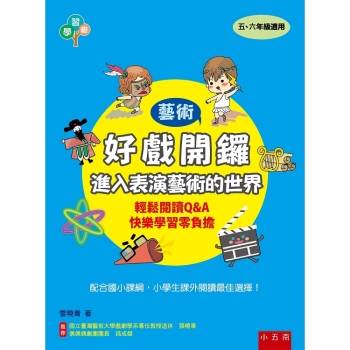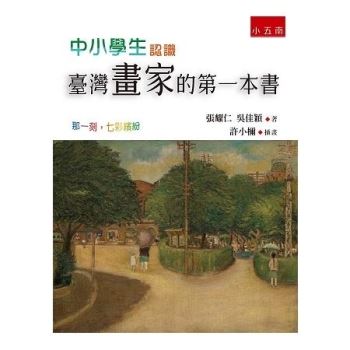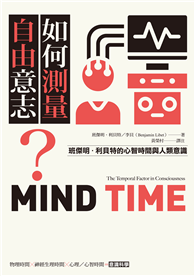《渺小一生》作者柳原漢雅睽違五年,再度帶來震撼人心之作
「《To Paradise》足以媲美《戰爭與和平》。」-美國重磅同志作家愛德蒙・懷特
1893年,紐約是一個愛與生活的自由國度,至少對其中的大部分人來說是如此;1993年,曼哈頓,愛滋病席捲此區,肆意漫延;2093年,美國處於疫後重建的階段、氣候變遷劇烈,整個國家被極權控制。
顯赫的Bingham家族,經營著紐約當地主要銀行,欲把小孫子許給另一位同樣顯赫地位的人。然而孫子心裡愛上的,是另一位沒錢沒勢,卻異常迷人的音樂老師。為了自己的愛情,他決定站起來抗爭。一百年後,場景依然在紐約曼哈頓,一頓晚宴上,主人一位朋友即將死於愛滋,所有人都在關心他身後的財產將如何分配,只有坐席上那位年輕的夏威夷末代王族,還在樂觀地思考著與男友的未來。又過了一個世紀,背景變成了「第八區」,實際上地理位置仍位於舊時的紐約中,政府重用的權威女病毒學家,雖然兒時染疫後幸運地存活了下來,但卻飽受後遺症之苦。而在這個同性戀完全違法的世界裡,她想要努力與冷淡的丈夫維持良好關係,卻發現丈夫似乎有自己的秘密,於是她決定親自解開這謎案。
橫跨200年,三段位於紐約展開的故事,由同樣名為「Charles」與「David」的人物揭開序幕,完全不同的情節,然而其中不陌生的元素:富裕與貧賤、強勢與弱勢、種族、國家情懷、欲在人間找到天堂的渴望,如同一個個音符,交織成磅礴的交響樂曲,迴響激發出我們之所以為人的根本:恐懼、愛、羞恥、渴望和寂寞。
(文/博客來外文館)
From the author of the classic A LITTLE LIFE, a bold, brilliant novel spanning three centuries and three different versions of the American experiment, about lovers, family, loss and the elusive promise of utopia.
In an alternate version of 1893 America, New York is part of the Free States, where people may live and love whomever they please (or so it seems). The fragile young scion of a distinguished family resists betrothal to a worthy suitor, drawn to a charming music teacher of no means. In a 1993 Manhattan besieged by the AIDS epidemic, a young Hawaiian man lives with his much older, wealthier partner, hiding his troubled childhood and the fate of his father. And in 2093, in a world riven by plagues and governed by totalitarian rule, a powerful scientist’s damaged granddaughter tries to navigate life without him—and solve the mystery of her husband’s disappearances.
These three sections are joined in an enthralling and ingenious symphony, as recurring notes and themes deepen and enrich one another: A townhouse in Washington Square Park in Greenwich Village; illness, and treatments that come at a terrible cost; wealth and squalor; the weak and the strong; race; the definition of family, and of nationhood; the dangerous righteousness of the powerful, and of revolutionaries; the longing to find a place in an earthly paradise, and the gradual realization that it can’t exist. What unites not just the characters, but these Americas, are their reckonings with the qualities that make us human: Fear. Love. Shame. Need. Loneliness.
TO PARADISE is a fin de siecle novel of marvelous literary effect, but above all it is a work of emotional genius. The great power of this remarkable novel is driven by Yanagihara’s understanding of the aching desire to protect those we love – partners, lovers, children, friends, family and even our fellow citizens – and the pain that ensues when we cannot.












